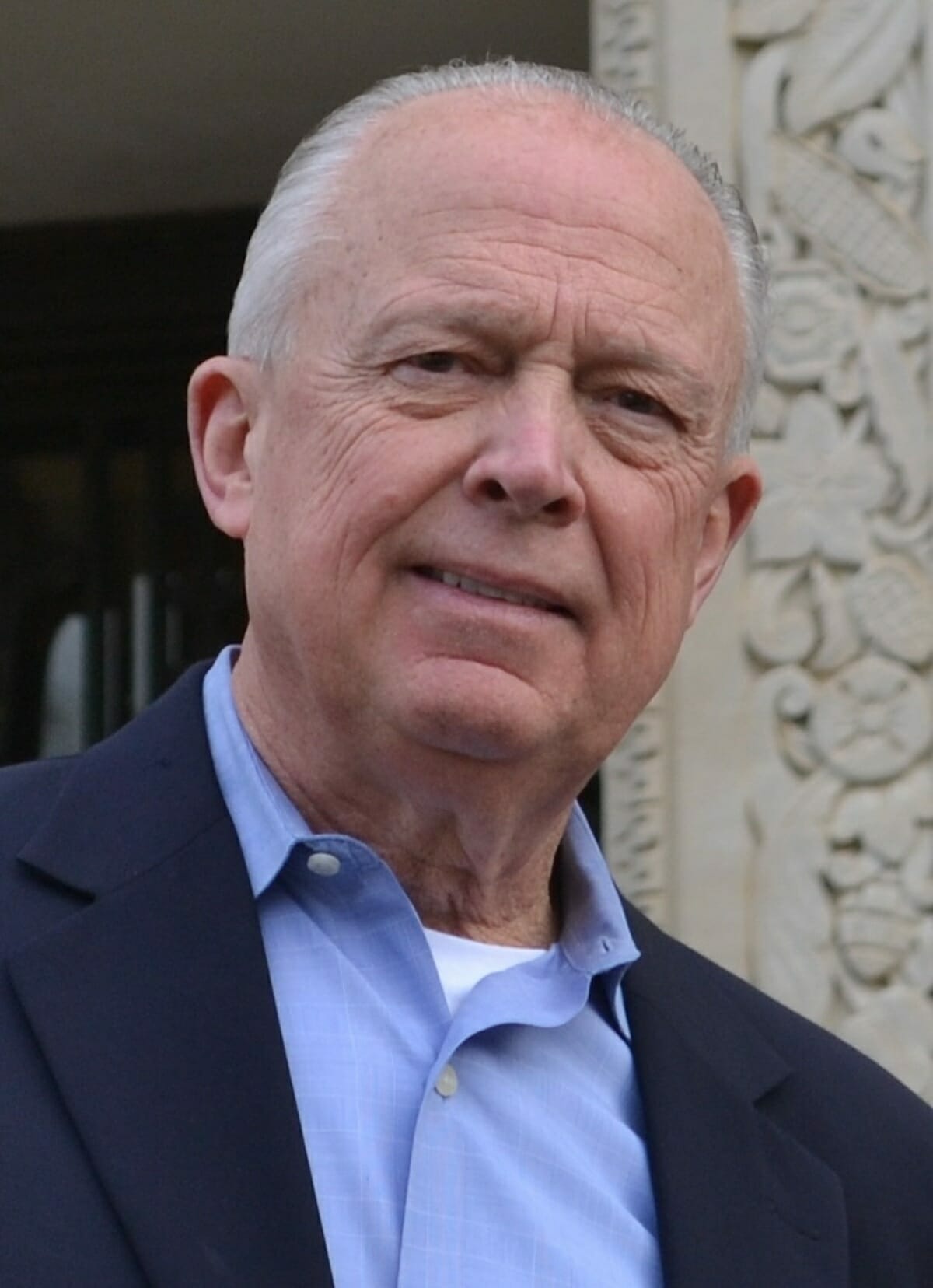I spent a lot of time in recent weeks listening to discussions about journalism and the challenges the industry faces.
One occasion was the National Association of Black Journalists’ HBCYou Training Day. The long-standing organization comprises Black journalists and media professionals and student chapters around the globe. The Training Day was first event produced under its HBCU Initiative to reach out to students at historically Black college and universities.
Another was the inaugural meetup of Savannah Ink & Drink, a Facebook group made up of current and former journalists who live in the Hostess City of the South. I had a great time reuniting with old friends and making some new ones, and there’s no conversation that can’t be improved by adding cold beer and hot pub food.
The first event was more formal and involved a lot of discussion about best practices, learning new tools for reporting and verifying information and finding new uses for older tools. The purpose? Serving the public in an era of “fake news” accusations from all corners.
Whether they worked for global media companies or small family-owned community newspapers, panelists repeated themselves and each other until it became clear to me that we all had the same basic message: Journalism is about doing the right thing and doing it the right way.
Critics say journalists are biased, unethical and too concerned about clicks and ratings, and they love to use atypical examples to paint with a broad brush to discredit all journalists. But how many of those critics have jobs with regular learning opportunities — where attendance often is mandated — to prevent mistakes and lapses in judgment?
Some of you might recall the New York Times’ Jayson Blair; Janet Cooke and the Washington Post; and Dan Rather’s blunders reporting on the military record of then-presidential candidate George W. Bush. Former NBC News anchor Brian Williams’ embellishment of his experiences covering fighting in Iraq happened fairly recently, as did the scandal surrounding Rolling Stone for its coverage of rape allegations made against the men’s lacrosse team at Duke University.
These scandals hit home for some of you because they implicate news outlets you never liked in the first place.
Your favorite conservative outlets have had their share of controversies, though, including the repeated harassment claims levied against some of Fox News’ highest-profile talent, on up to the network’s CEO Roger Ailes. I can’t wait to see how right-wing media’s promotion of lies about “the big steal” of the 2020 general election sorts itself out in a flurry of lawsuits filed by companies accused of conspiring to cheat and deny the most recent former resident a second term.
It’s true that most journalists fall on the liberal side of the spectrum. Surveys put the percentage somewhere above 75 percent, but part of being a professional is being able to set aside personal biases for the sake of doing the job. If a house is demolished during a storm, no one asks the homeowner who they voted for in the last election.
Unethical? Nothing will get a reporter fired quicker than fabricating information or plagiarism. Good editors reject information that is gained inappropriately. The legal phrase “fruit of the poisoned tree” applies. And what of anonymous sources? They are used more liberally in big media markets or on television, but every newsroom I worked had such high standards for granting anonymity to a source most reporters felt it wasn’t worth the effort.
Concerned about page views and ratings? Sure, because that revenue keeps the lights on and helps pay for the coverage so essential to most communities. How essential? Some of the sources you choose over reading the local newspaper rely on that same newspaper for the news you enjoy from them.
Whenever there was a delay delivering the morning paper, the first calls to our offices used to come from local radio and television stations: “Where’s the paper? We’re trying to plan our morning show.”
As encouraging as it was to be around veterans talking about shared values, I was more excited to hear students asking the right questions about how they could be effective and ethical journalists.
These young people are the future. The extent to which we help them thrive will determine how successful they are at protecting us and our democracy.
Terry E. Manning lives and works in Savannah, Ga. He is a Clemson graduate and worked for 20 years as a journalist. He can be reached at teemanning@gmail.com.







